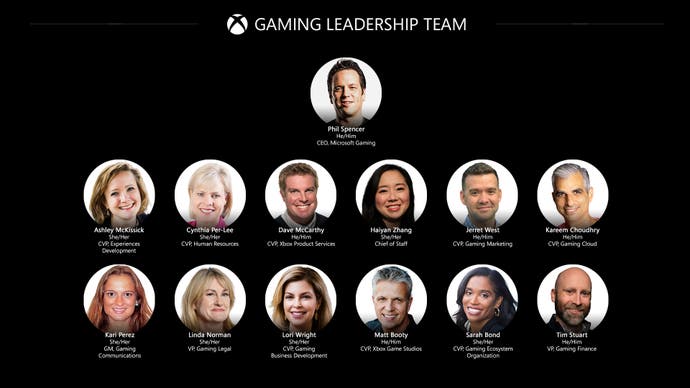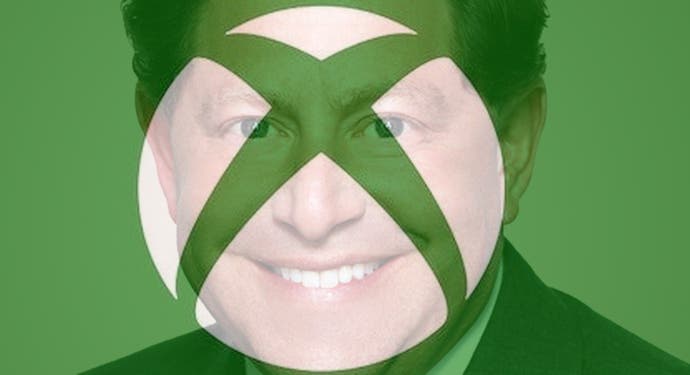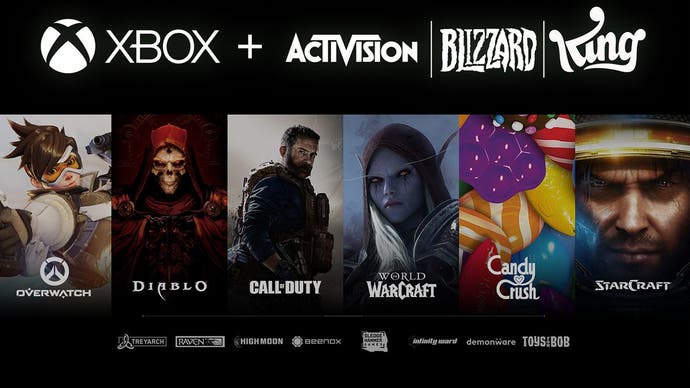Microsoft buying Activision Blizzard isn't just a question of what it means for the games
Change won't come easy.
Wow indeed. The thunderclap of the news of Microsoft's acquisition of Activision Blizzard for $68.7bn - the largest in the brief history of video games, and grossly overshadowing the $7.5bn Microsoft paid up for Bethesda - is still ringing noisily. The reverberations won't let up for some time, and right now there's a scramble to simply understand what it all means.
Will Call of Duty be an Xbox console exclusive? Is this predominantly a play for mobile, given King's presence in Activision's stable and Microsoft's absence in that space? When's Singularity hitting Games Pass? Does this mean we might finally be getting a new DJ Hero?!?!
Who knows, frankly, for today's announcement, delivered in the dead prose that's had all life and most meaning sucked dry as it's passed the desk of a dozen lawyers before being pushed live, was thin on details.
We know the cold, hard facts - the lucrative franchises that Microsoft stands to gain such as Call of Duty, Warcraft and Overwatch, the studios of immense talent it inherits and that eye-watering $68.7bn that caps it all - but some other all-important details remain elusive.
We don't know, for example, exactly what it all means for Activision CEO Bobby Kotick, whose further presence at the company remains a fuzzy blot amidst it all. It's clear, though, that the controversial leader is set for a bumper pay day when he inevitably cashes out once the process is complete - an implied detail amidst all this which makes this acquisition particularly hard to swallow.

It certainly makes it hard to celebrate, and gave the investor's call that followed immediately after the news an awkward edge. Kotick himself called in on a scratchy phone line, while Microsoft CEO Satya Nadella's triumphant opening remarks rang a little hollow in the moment - addressing the issues that Activision Blizzard have publicly faced, and the trials its employees have faced, his promise to 'not only talk the talk but walk the walk' felt like nothing but hot air with no immediate action in sight. They're questions that Microsoft has begun to address, though the answers still aren't ready for public scrutiny with the call coming to an abrupt halt rather than being thrown to the floor.
It is, as it has been throughout the entire Activision Blizzard scandal, a mess, though there's the implied hope that Microsoft - a company that's not without its own blemishes, it must be stated - can come in and address those concerns. For the Activision Blizzard employees who've had to endure so much already, there's perhaps fresh optimism that the change that's so desperately needed might be accelerated by this all.

Then maybe, after all that, there might be hope for a new Pitfall, for a Call of Duty that's revitalised and re-energised, for talented teams to do great work. But such details seem so long down the road. Before we can get to that, there's so much more than just the games to consider.


